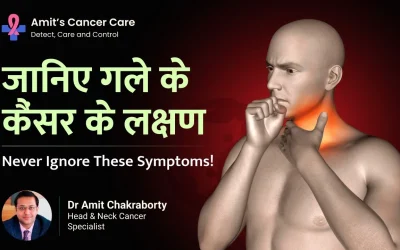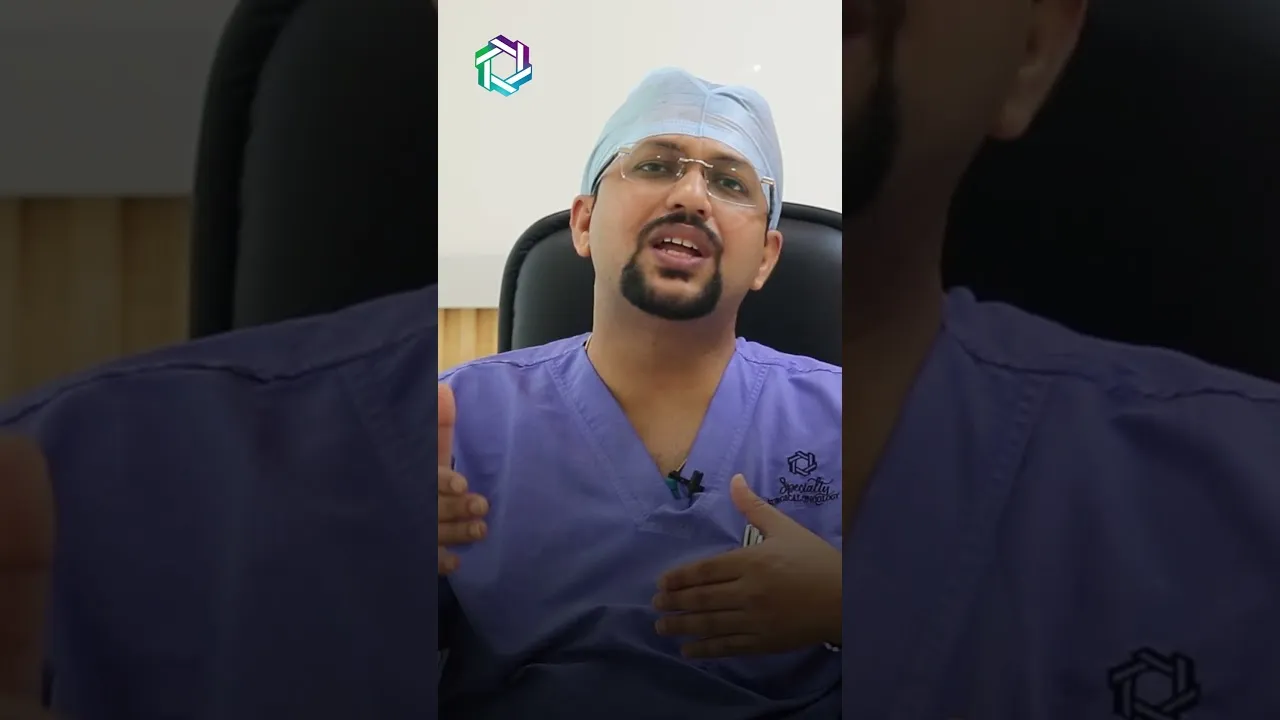Today, let’s talk about a serious health topic: throat cancer. It’s important to recognize its symptoms early on, as early detection can be a lifesaver. We’ll guide you through the symptoms of throat cancer, explaining them in a way that’s easy to understand and not overly technical.
Understanding Throat Cancer Symptoms
Throat cancer refers to malignant tumors that develop in your throat (pharynx), voice box (larynx), or tonsils. Like many cancers, its symptoms can be easily missed or mistaken for something less serious. Here’s what you should look out for:
Persistent Hoarseness
A persistent hoarseness in your voice is a significant symptom of throat cancer. It’s not just about having a raspy voice after a cold or a night out. We’re talking about a noticeable change in your voice that lasts for more than three weeks. This could be a change in pitch, quality, or volume of your voice. If your voice starts to sound consistently hoarse without an obvious reason, like a respiratory infection, it’s time to consult a doctor.
Difficulty Swallowing (Dysphagia)
Another major red flag is experiencing trouble while swallowing, medically known as dysphagia. This isn’t just the occasional feeling of food ‘going down the wrong pipe.’ It’s a persistent sensation of food sticking in your throat or chest. You might find yourself having to swallow multiple times per bite or drink, or even avoiding certain foods because swallowing them has become too difficult.
Other Symptoms to Watch For
In addition to hoarseness and difficulty swallowing, there are several other symptoms that shouldn’t be ignored:
- Coughing Up Blood: This is a serious symptom and warrants immediate medical attention.
- Swelling or Pain in the Throat: Don’t overlook any persistent discomfort or swelling in your throat.
- Unexplained Weight Loss: Losing weight without trying can signal various health issues, including cancer.
Related Read: Guide to Throat Cancer Prevention
Post-Throat Cancer Surgery: Can Patients Speak Again?
One common concern about throat cancer treatment is whether patients can speak normally post-surgery. The good news is, thanks to advanced surgical techniques and therapies, doctors can often preserve or restore speech.
The Role of Advanced Techniques in Throat Cancer Surgery
When it comes to throat cancer surgery, it’s not just about removing the tumor. There’s a big focus on maintaining key functions, especially speech. Thanks to modern surgical techniques, doctors can target the cancerous cells while being mindful of preserving the voice. But surgery is just part of the journey.
After the operation, rehabilitation and therapy are super important. These aren’t just physical exercises; they’re tailored to help patients regain their voice and swallow function. Speech therapists play a huge role here. They work with patients on exercises that help restore speech and teach new ways to communicate if needed. It’s amazing how resilient the human body can be with the right support and therapy.
The Importance of Complete Treatment for Throat Cancer
Beating throat cancer isn’t just about the surgery; complete treatment is key. This means sticking to the full plan your doctors recommend. Why? Because it greatly lowers the chance of the cancer coming back.
Complete treatment can include a mix of surgery, radiation, chemotherapy, or targeted therapy, depending on your specific case. And after the main treatments, follow-up care is just as crucial. Regular check-ups, scans, and continuous monitoring are part of this. It’s about keeping a close eye on your health to catch any signs of the cancer returning as early as possible.
Staying on track with your treatment plan and follow-ups can feel like a long road, but it’s the best way to fight throat cancer and keep it at bay. Remember, each step in the treatment process is there to help you not just survive, but thrive.
You might also want to Read: Is throat cancer curable?
Early Detection is Key
We cannot stress enough the importance of not ignoring any symptoms you might experience. If you notice any signs of throat cancer, please consult a specialist. Early detection truly saves lives. Throat cancer, when identified and treated early, has a much higher chance of successful treatment.
Regular Check-Ups and Risk Factors
When it comes to throat cancer, certain folks have a higher risk. This doesn’t mean they’ll definitely get it, but they should be more vigilant. Regular check-ups are a smart move for early detection, especially if you fall into these risk groups.
Who’s at Higher Risk?
Smokers: This one’s a biggie. Smoking is a major risk factor for throat cancer. It’s not just cigarettes, either – cigars, pipes, and other types of tobacco all count. The harmful chemicals in tobacco smoke can damage the cells in your throat, leading to cancer over time.
Heavy Drinkers: Love your booze a little too much? Heavy drinking can up your risk of throat cancer. Alcohol, especially when combined with smoking, significantly increases this risk.
History of HPV Infections: HPV, or human papillomavirus, is a common virus. Some strains of HPV can lead to throat cancer. This is why staying updated on HPV vaccinations and regular screenings if you’ve had HPV is important.
Why Regular Check-Ups Matter
If you’re in any of these risk groups, getting your throat checked regularly can be a game-changer. Regular check-ups mean any unusual changes can be spotted early, when treatment is likely to be more effective. This could be as simple as your doctor examining your throat or doing a scope to get a better look.
What Else Can You Do?
Besides check-ups, cutting down on smoking and drinking can help reduce your risk. Also, staying informed about HPV and getting vaccinated if you’re eligible is a wise move.
Remember, being at higher risk doesn’t mean you’ll definitely get throat cancer. It just means you need to be a bit more watchful about your throat health. Early detection is key, and that’s where those regular check-ups come into play.
Conclusion: Stay Vigilant, Stay Healthy
Being aware of the symptoms of throat cancer and taking them seriously is crucial. Early detection and treatment can make a significant difference. If you have any concerns or symptoms, don’t hesitate to consult a healthcare professional. Remember, taking care of your health is the best investment you can make. Stay vigilant, stay informed, and stay healthy! If you need any further assistance, our doctors are here to help. Feel free to reach out.






